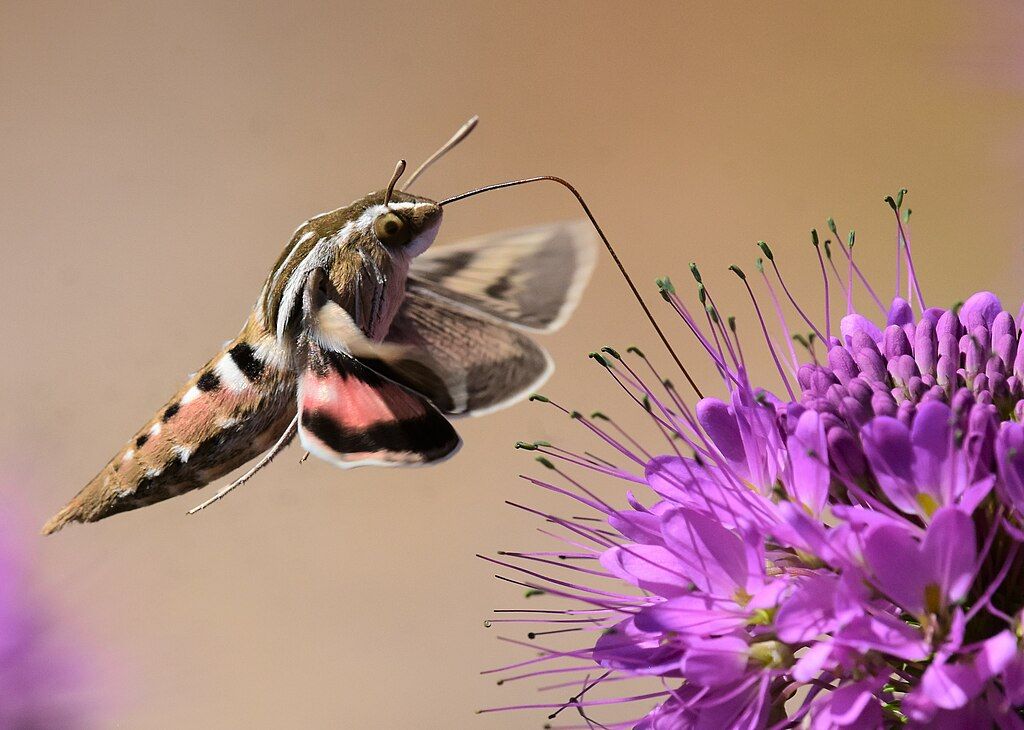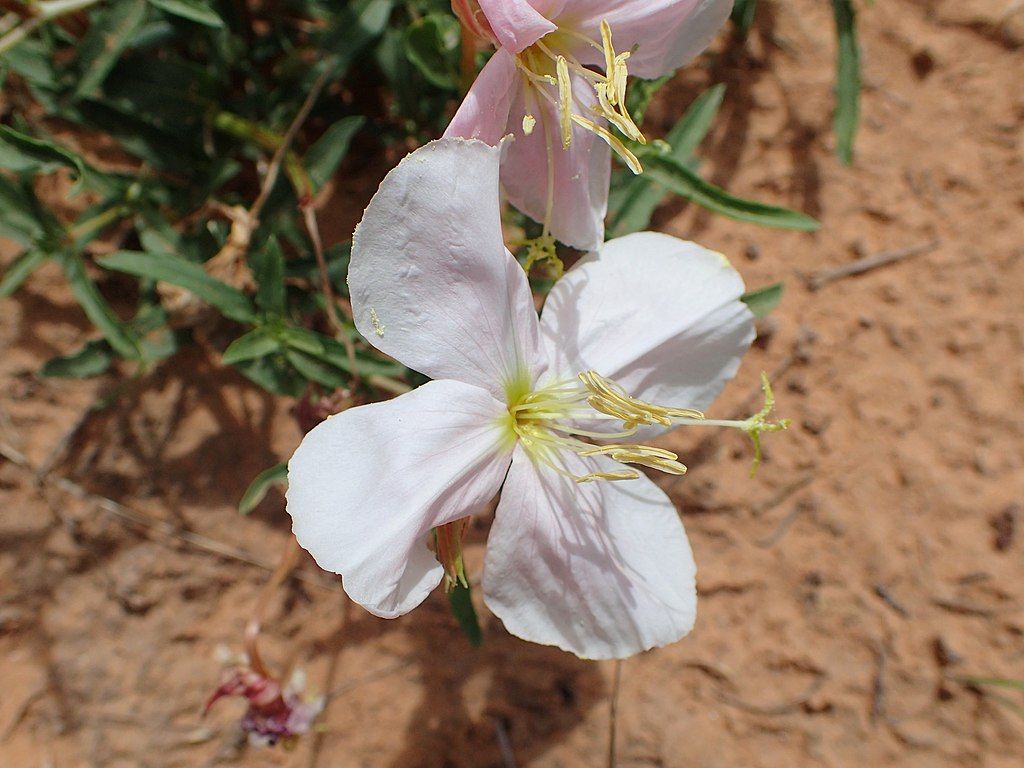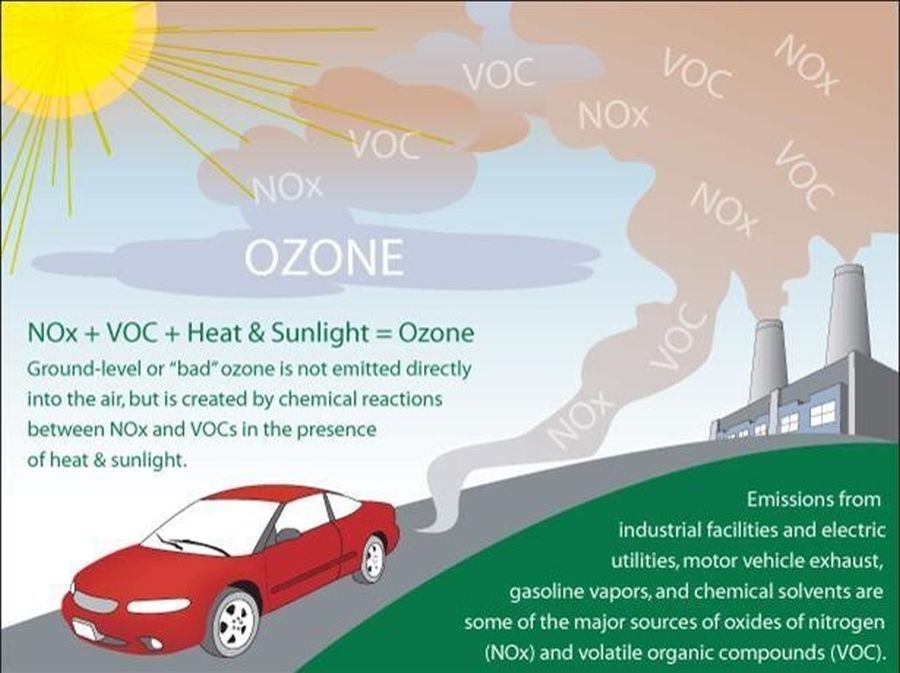
15 February 2024
Plant pollination has been declining for many reasons including the absence of insects due to pesticides and habitat loss. Now a new reason has surfaced that has nothing to do with the number of flowers and bugs. Research has found that air pollution prevents nighttime pollination by turning off the scent of flowers.
The white-lined sphinx moth (Hyles lineata) is an important nighttime pollinator of purslane, primrose and rose. The research team led by J.K.Chan in eastern Washington, teased out the chemical emitted from pale evening primrose (Oenothera pallida) that attracts the hawkmoths.

The moths were particularly tuned to two different flavors of monoterpenes, a class of chemicals found in plant oils [that] evaporate quickly in the air. Moths, whose antennae are roughly as sensitive as a dog’s nose, can pick up the scent several kilometers away from a flower.
But there is an Achilles heel. When the researchers exposed the monoterpenes to NO3, it reacted with the oils, causing them to degrade by between 67% and 84%.
— Anthropocene Magazine: Nighttime pollination is plummeting. Some clever sleuthing pinpointed a surprising culprit.
Air pollution doesn’t just change the scent of flowers. It erases the scent. The moths can’t find them.
Anthropocene Magazine continues, “While NO3 [a component of NOx] is less of a problem during the day because it breaks down in sunlight, it accumulates at night, when many pollinators, including the hawkmoths, are active.”
NOx causes trouble for humans, too, because it combines easily with VOCs (Volatile Organic Compounds) to create ground-level ozone (the bad ozone) and fine particulate which is inhaled so deeply into our lungs (PM2.5).

If we reduce NOx pollution we help ourselves and plants at the same time.
(photos and diagram from Wikimedia Commons; click on the captions to see the originals)
Interesting, and worrying. I remember seeing an episode of the show Dirty Jobs, and they were in the Carlisle area at a farm that grows gourds and squashes. They mentioned the plants were pollinated by moths. So the implications for food plants could be a major issue.
It just gets sadder and sadder for me, how we have managed to destroy what was such a glorious planet. Shame on us!